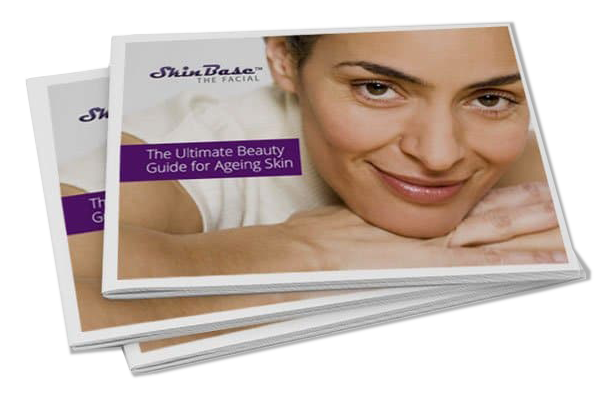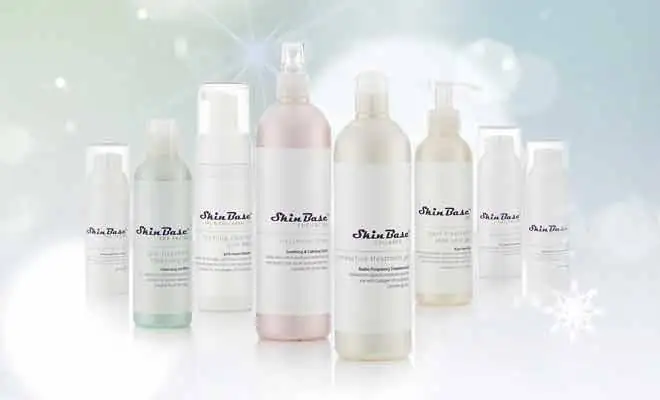A simple pigmentation skincare routine can help keep your skin healthy, minimise discolouration and prevent future pigmentation occurring. Read on to find out our recommendations for pigmentation friendly ingredients and products.
Download a FREE beauty guide
Discover our collection of free beauty guides.

Pigmentation Skincare
Pigmentation is an incredibly common skin concern, and some simple pigmentation skincare can hugely benefit the appearance of your skin. You do not need a 10 step skincare routine to combat pigmentation. If you can be consistent with the basics, your skin will thank you. A simple cleanser, toner, moisturiser and SPF routine carried out consistently, day and night, will provide you with the perfect foundation for healthy, even toned skin. Alongside this, you can incorporate active ingredients to tackle pigmentation.
SPF
SPF is key in treating pigmentation and maintaining healthy skin. Sun damage resulting from excess sun exposure is one of the main causes of hyperpigmentation, so stay protected in the sun! You can combine steps in your pigmentation skincare routine by using a combined moisturiser and SPF product. The SkinBase Daily Repair and Protect cream is a pigmentation skincare essential, leaving your skin soft, hydrated and protected.
Pigmentation Skincare: Active Ingredients
If you are suffering with pigmentation, there are a number of active ingredients that you can incorporate into your pigmentation skincare routine to get your skin glowing again.
(1) Retinol
Retinol is an exfoliating ingredient derived from Vitamin A, which accelerates cell turnover. If you incorporate retinol into your pigmentation skincare routine in the form of a serum or a cream, you can encourage the cell turnover process to operate more efficiently. Therefore, any pigmented skin can be abraded away, while new, healthy skin cells will be left in its place. Retinol is also thought to mitigate tyrosinase production, which is essential in the formation of melanin. As a result, including retinol as a part of your pigmentation skincare is an excellent treatment and preventative measure. When using retinol, it can be beneficial to use it in your evening skincare routine, while using vitamin C in your morning routine.
(2) Vitamin C
Vitamin C is an excellent brightening ingredient that can effectively treat and prevent hyperpigmentation. If you apply Vitamin C to your skin daily, you can minimise the appearance of pigmentation, as it blocks tyrosinase production. Therefore, it is much more difficult for excess melanin to be produced. Another way that vitamin C helps pigmented skin is as an antioxidant. By protecting the skin at a cellular level, vitamin C neutralises free radicals to prevent sun damage. Studies suggest using vitamin C alongside your SPF in the morning can optimise your SPF and enhance your sun protection.
(3) Niacinamide
Niacinamide is a super skin ingredient, and excellent when used to combat pigmentation. As a form of vitamin B, niacinamide can be used topically to interrupt the process of cell pigmentation and brighten the skin. This means it helps to break down existing pigmentation, while preventing new melanin deposits. If you have pigmentation caused by inflammation from acne, niacinamide is also a useful ingredient for treating acne. Niacinamide is suitable for all skin types, so a good consideration when curating a pigmentation skincare routine.
(4) Azelaic Acid
Derived from grains, azelaic acid works gently and effectively on pigmentation, so it is a great choice for those with sensitive skin. Azelaic acid is a mild exfoliator that also inhibits tyrosinase, allowing it to treat existing pigmentation while preventing future pigmentation. As it is considered safe for topical use during pregnancy, azelaic acid is a good treatment for pregnancy melasma.

